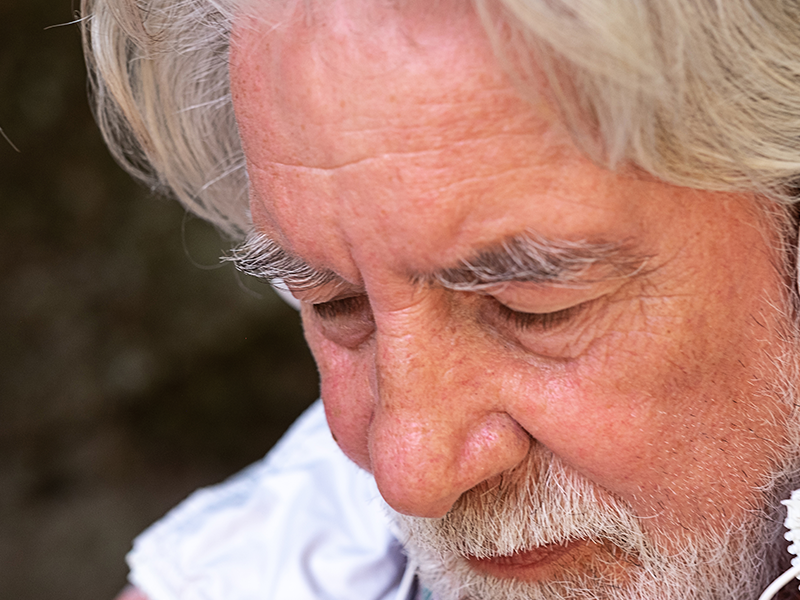Doctors prescribe playlists for dementia patients
By Gemma Raw
Can a burst of the Beatles or a Mozart melody have a positive effect on a person's physical as well as mental health? Many medical researchers and healthcare professionals have endorsed the benefits of music therapy, from psychiatrists and mental health nurses to those working in allied health roles, such as occupational therapists and physiotherapists. Now doctors at an NHS Trust in Lancashire are taking things one step further by using curated playlists to reduce stress and anxiety in patients with Alzheimer's. A trial of 25 people aged from 60 to 90 showed a reduction of up to 22% in heart rate.
How does it work?
Linked to a music streaming service, the software uses artificial intelligence to match the chosen tracks with the person's age, personal background and tastes. Algorithms scientifically mimic the human brain's response to individual pieces of music. Relevant features are then extracted from the music's digital DNA, based on qualities such as tempo, timbre, key, time signature, syncopation and pitch. The software is also intuitive, so can adjust the playlist if the prescription doesn't seem to be having the desired effect.
A prescription for a 90-year-old may include forties favourites, while a 60-year-old may get some seventies disco or eighties synthpop. The aim is to reduce the heart rate gradually, so the playlist will often begin with something lively, such as a rock anthem, and then progressively tone things down to a ballad or lullaby.
A major healthcare challenge
According to the Alzheimer's Society, there are around 850,000 people living with dementia in the UK at a total annual cost to the care system estimated at £34.7 billion. Music was used as a kind of medicine by several ancient civilizations. However, it's only in the last 50 years or so that the benefits of music therapy have become formally recognised by healthcare professionals. A recent systematic review of non-pharmacological interventions to treat behavioural disturbances in dementia patients found that music therapy was one of two techniques which were most effective.
Wider medical applications
It's not just dementia patients who may benefit from the healing power of music. Lancashire Teaching Hospitals NHS Trust are now extending their trials to medical staff who've worked in critical care during the COVID-19 pandemic, as well as potentially needle-phobic children, recovering critical care patients and outpatients living with chronic pain.
Physiotherapists are also discovering the benefits of music. In 2017 researchers at Edinburgh University found that using musical cues to learn a physical task can aid rehabilitation. "We have long known that music encourages people to move," explained lead researcher Dr Kate Overy. "This study provides the first experimental evidence that adding musical cues to learning new motor tasks can lead to changes in white matter structure in the brain."
